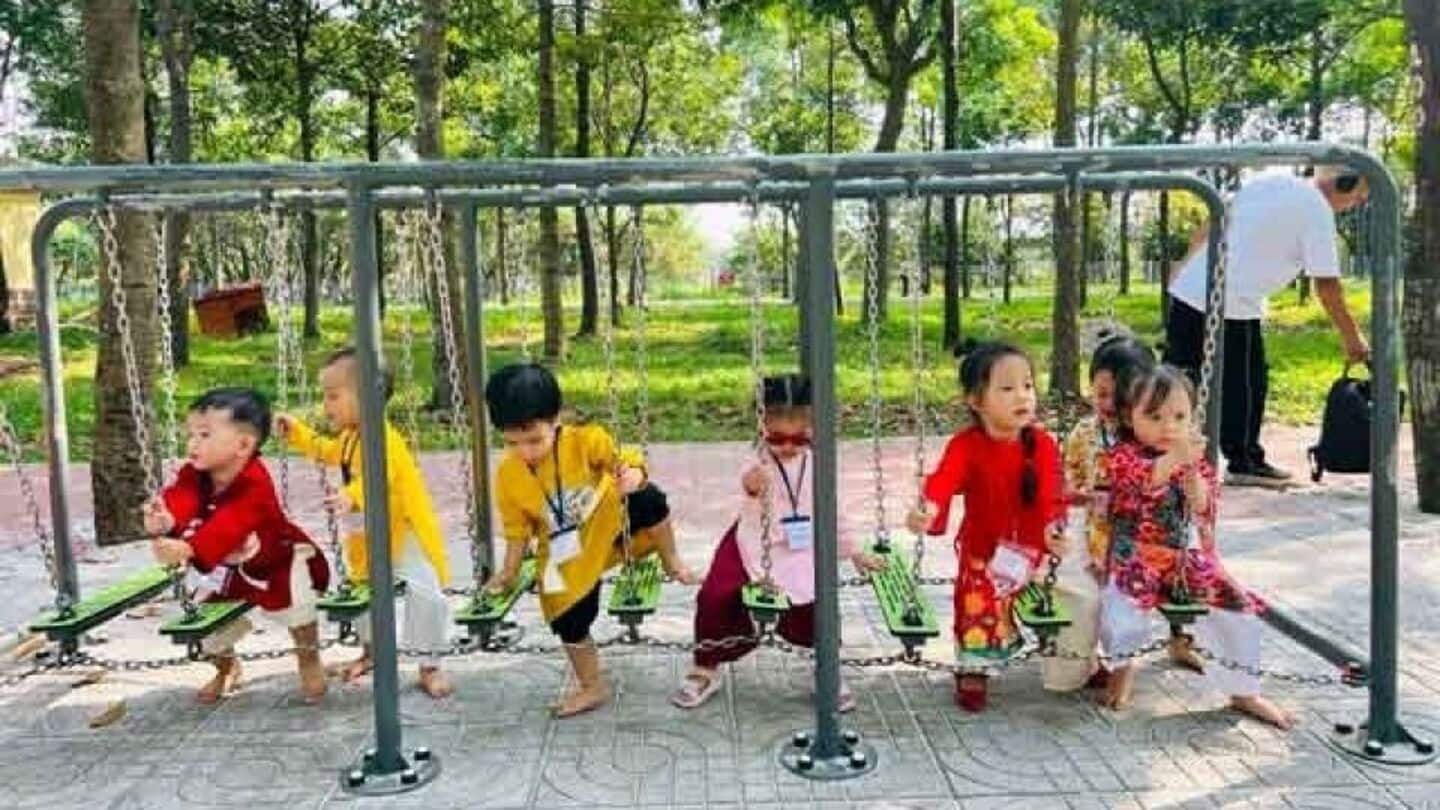
Vietnam abolishes 2-child policy to tackle declining birth rates
What's the story
Vietnam has officially scrapped its decades-old two-child policy in a bid to reverse declining birth rates. The decision was approved by the National Assembly and reported by the state-run Vietnam News Agency. Under the new rules, couples are free to decide how many children they want and when to have them, ending a restriction that has shaped family planning for over three decades.
Fertility decline
Policy introduced in 1988 to control population growth
The two-child policy was first introduced in 1988 to control population growth when Vietnam's total fertility rate was over four births per woman. However, the fertility rate has now fallen below replacement level for three consecutive years. According to the Ministry of Health, Vietnam's total fertility rate fell from 2.11 in 2021 to a record low of 1.91 children per woman in December 2023.
Urban influence
Decline in birth rates more pronounced in urban areas
The decline in birth rates has been particularly pronounced in urban areas such as Hanoi and Ho Chi Minh City. Here, rising living costs, housing constraints, and career pressures have discouraged larger families. Tran Minh Huong, a 22-year-old office worker, told AFP that she had no plans to have children due to financial concerns despite societal expectations. "It's too costly to raise a child," she said.
Demographic challenges
Vietnam also faces challenges of aging population, unbalanced gender ratio
Vietnam is also facing an aging population, with the "golden population" period expected to last until 2039. This demographic shift could impact economic growth as the number of workers declines while elderly care costs rise. Additionally, Vietnam grapples with an unbalanced gender ratio due to son preference. To address this, the health ministry has proposed increasing fines for sex-selective abortions to $3,800.